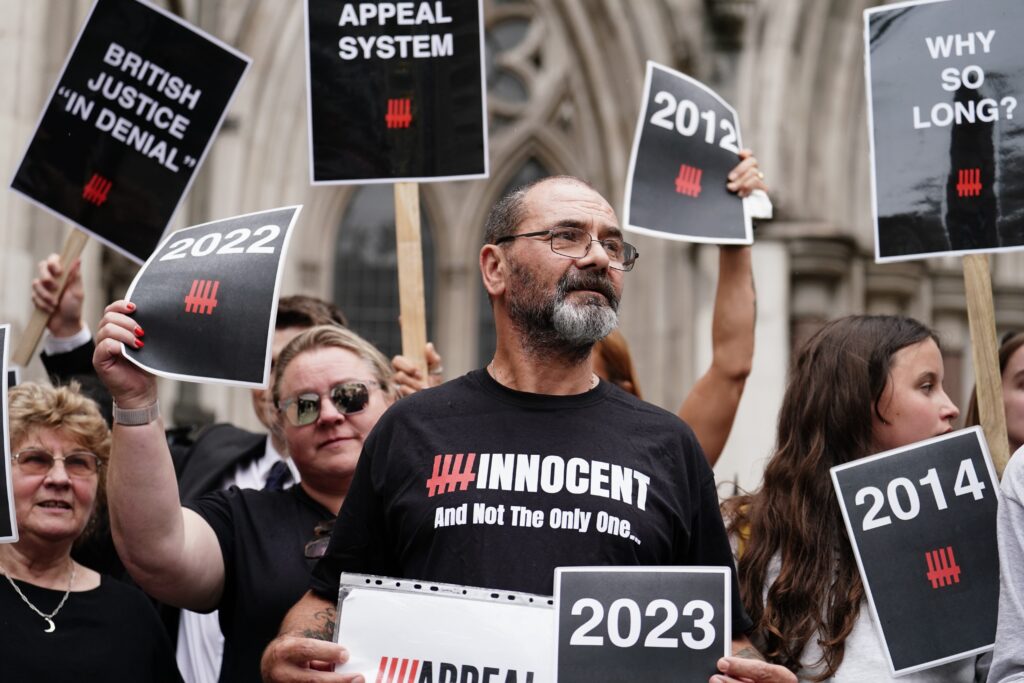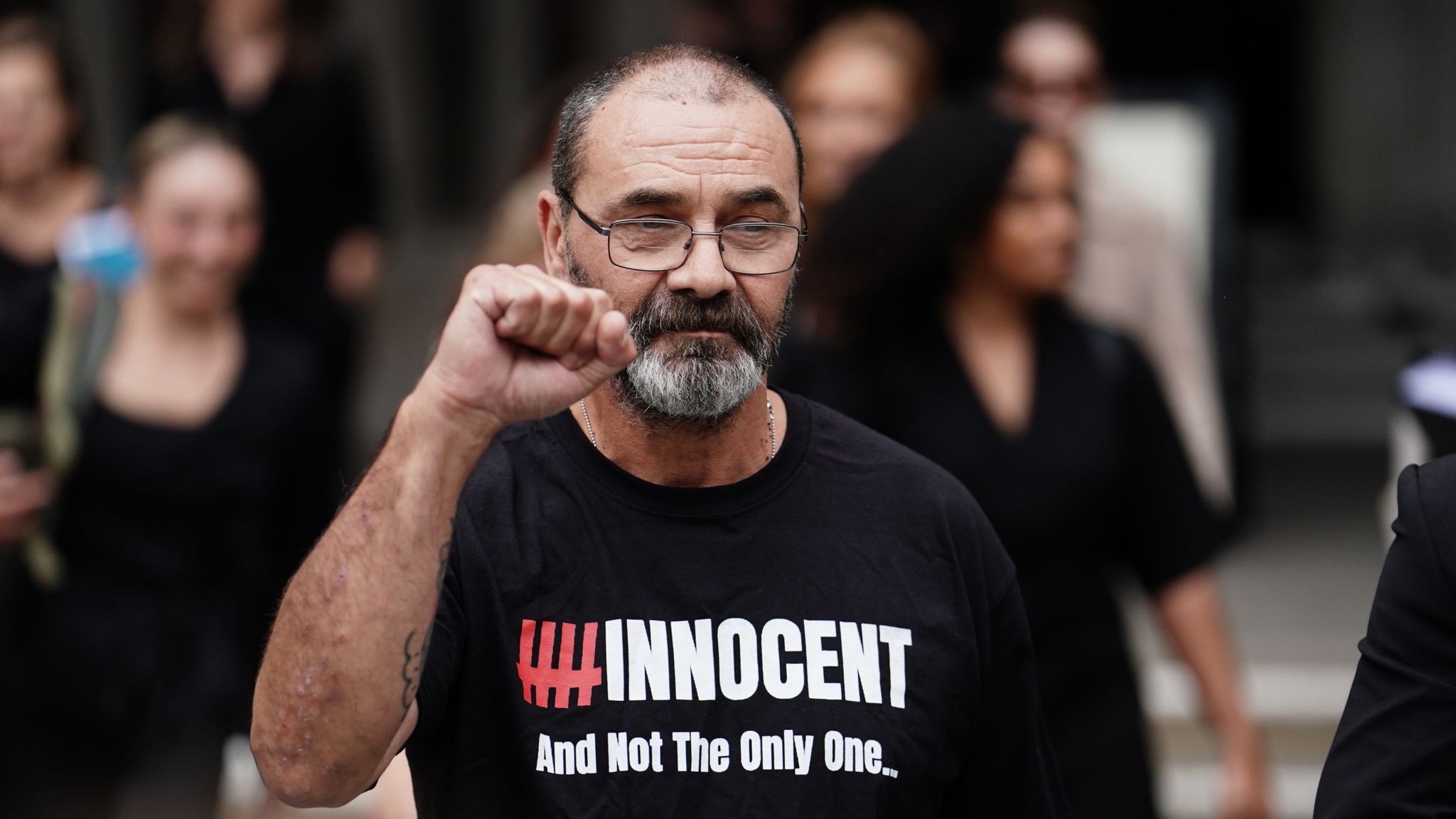People who were put in jail for crimes they didn’t do, a long time ago, are facing another problem. The government won’t give them back the money it took from their compensation. This money was for “bed and board” while they were in jail. The rule is unfair, but it has been changed for new cases.
Imagine being locked up for many years for something you didn’t do. Then, after you’re proven innocent, the government says you owe them money for the time you were in jail! This is happening to people like Andrew Malkinson. He was in jail for 17 years for a crime he didn’t commit. Now he has to pay £100,000!
Paying for Prison When You’re Innocent?
There was a rule in the UK. If you were wrongly convicted of a crime and got compensation, the government could take some of it back. They called it paying for “bed and board” — like you were renting a room in jail! It meant that people like Andrew Malkinson, locked up for 17 years for a crime he didn’t commit, had their compensation cut. Imagine being punished twice for something you never did.
Thankfully, last year the UK government decided to get rid of this unfair rule for new cases. But guess what? They’re not giving the money back to people who already had it taken from them. This means folks like Paul Blackburn, who spent 25 years in jail for a crime he didn’t do, are stuck with a huge bill.
https://www.bbc.co.uk/news/uk-england-manchester-68850054
The Government’s Stance was “Tough Luck”
The UK government has faced criticism for its response to the outcry over these deductions. Their stance is, “We know the old policy was flawed. But, we won’t apply the change retroactively.” This means a cold “tough luck” for those whose pay was cut.
Paymaster General Nick Thomas-Symonds defended this decision. He said it’s “standard practice” not to apply policy changes retroactively.
However, this explanation rings hollow for victims and their advocates. Miscarriages of justice are unique. They rob individuals of years due to systemic errors. We must take a more compassionate and flexible approach. The government’s strict adherence to procedures seems callous. It dismisses the deep suffering these individuals have endured.
Paul Blackburn, wrongfully imprisoned for 25 years, is among those hurt by this decision. Over £100,000 was deducted from his compensation to cover “board and lodging” costs, an expense he wouldn’t have faced if not for the state’s mistake. Blackburn vehemently criticizes the government’s position, labelling it “morally wrong,” and is determined to take legal action. Blackburn’s case shows the deep injustice of those denied freedom and forced to pay for their wrongful imprisonment.

People Are Speaking Out
Politicians, lawyers, and people who fight for fairness all think this decision is bad. They say it’s unfair and mean. Paul Blackburn, who was put in jail for something he didn’t do, had £100,000 taken away from him. He feels like he’s being punished again, even though he did nothing wrong. Everyone thinks this is unfair to people who have already suffered a lot.
The Bigger Problem arises Getting Compensation is Hard
You might be surprised. Most wrongly convicted people get no compensation. The rules are super strict. You have to find brand new evidence that proves, without a doubt, that you’re innocent. And even if you do get compensation, there’s a limit on how much you can get. The maximum is £1 million, and that hasn’t gone up in years, even with prices going up everywhere else!
What Can We Do?
This whole situation is a mess, and it’s not fair to the people who’ve been wrongly convicted. Here are a few things you can do:
- Support organizations: Some groups are fighting for justice for the wrongly convicted. You can donate to them or volunteer your time.
- Ask questions: Why is the system like this? How can we make it better? Talk to your friends, family, and teachers about it.
The stories of Andrew Malkinson, Paul Blackburn, and others show the human cost of miscarriages of justice. It’s a tragedy. These individuals lost years of their lives. Now, they must pay for their wrongful imprisonment. Justice should not be a luxury reserved for those who can afford it. We must work for a system that values fairness and compassion. It should restore dignity to the wrongfully convicted. The UK government must now rethink its stance. It should act to fix past injustices. Only then can we truly say that we are a society that values justice for all?
Thank you for reading, click the link below to read more of our Opinion Articles: https://insidesuccessmagazine.com/category/opinion




Leave a Reply
You must be logged in to post a comment.